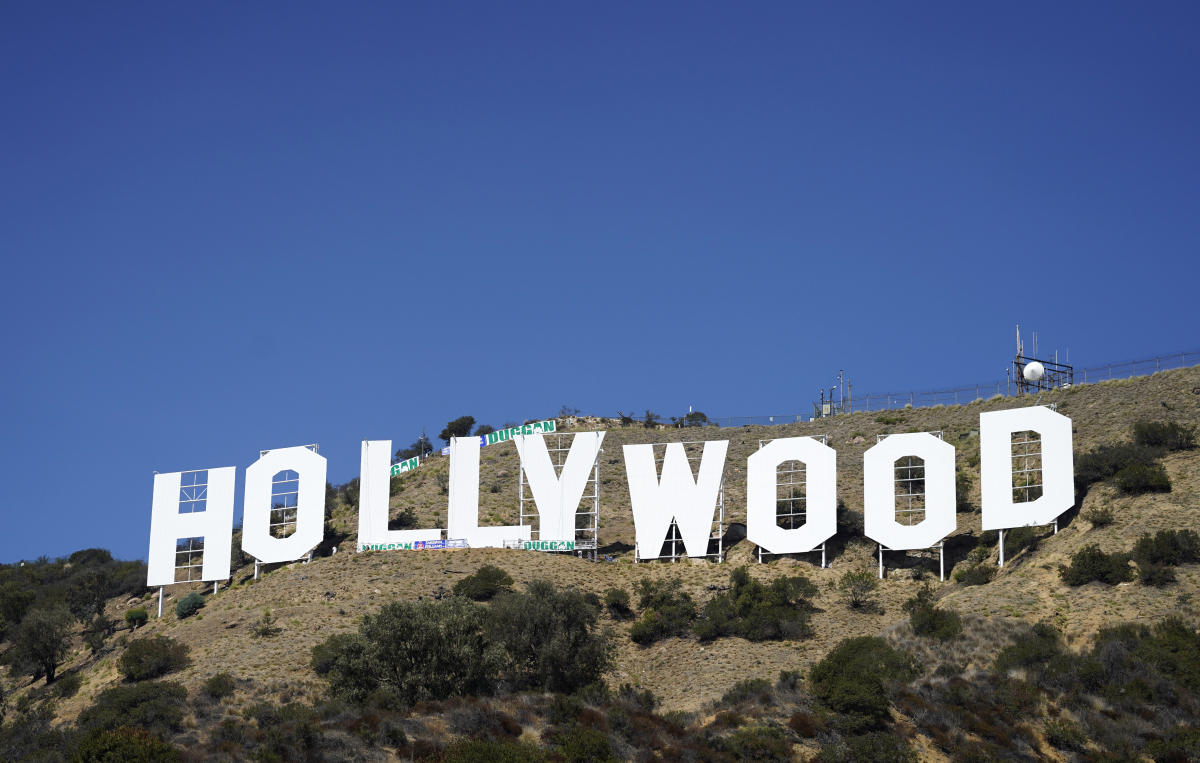NEW YORK (AP) — A new survey of the entertainment industry finds that the culture of Hollywood has shifted in the years since the downfall of Harvey Weinstein and the launch of the #MeToo movement, but many still don’t trust that sexual harassers will be held accountable.
The Hollywood Commission, chaired by Anita Hill, was founded in 2017 to help stop workplace harassment and discrimination in the entertainment industry. On Thursday, it released its second survey, pulled from interviews with more than 5,200 anonymous industry workers, of how behavior and attitudes are changing in Hollywood.
“There has been increased awareness of what the problems are, what behaviors are acceptable and what behaviors aren’t acceptable, and what the systems are for confronting those problems,” Hill said in an interview. “Now, people are understanding that this is a systemic problem.”
The study, conducted over 2022 and 2023, follows a similar survey carried out in 2019-2020. It found that 82% of workers are aware of unacceptable behaviors in the workplace, a 6% increase compared to in 2020. Some 74% of workers said they’re aware of how to share their concerns about workplace conduct, up 6% from 2020.
Yet just 31% of entertainment workers believe it’s likely that a powerful harasser will be held accountable. Among women, that percentage is just 27% and has remained largely unchanged in recent years.
Some 41% of workers who experienced or witnessed sexual misconduct said they chose not to report it because they did not think anything would be done. That’s an increase from 33% in 2020. Still, among those who did report concerns, 66% said that, based on their experience, they would encourage others to do the same. That’s up from 62% in 2020.
“Accountability has been a problem,” said Hill. “What we’re seeing now is that people recognize that those high-profile cases are out there, but they don’t see those cases having much of an impact that work their way down through their organizations.”
Reports of workplace misconduct remain high, and haven’t changed much in the last four years, according to the survey. Some 64% of women said they experienced situations of sexual harassment, down from 67% in 2020. Among men, the percentage has remained 62%.
Perspective also matters. White cisgender men were much more likely to have a positive outlook on workplace environment (80%) than other respondents (62%).
Hill, who has battled workplace sexual harassment since her 1991 accusations against then-Supreme Court nominee Clarence Thomas, believes increased awareness leads to stronger systems and more trust in them. “Culturally,” she says, “there is movement.”
“This is a problem that has gone on probably since the entertainment industry came into being,” says Hill. “It’s not something that’s going to turn around overnight. But it will happen in large and small ways if we continue to push for the change.”




